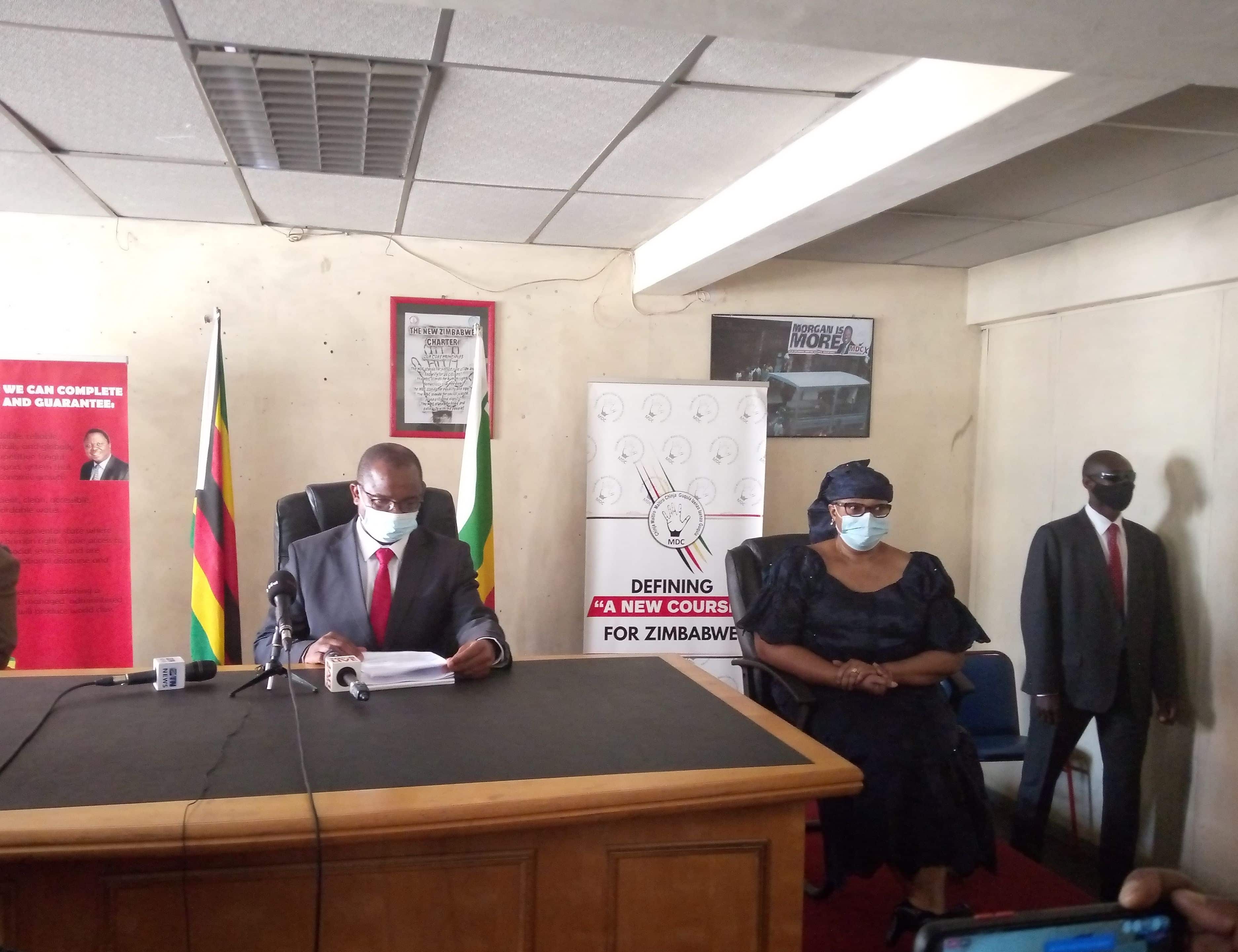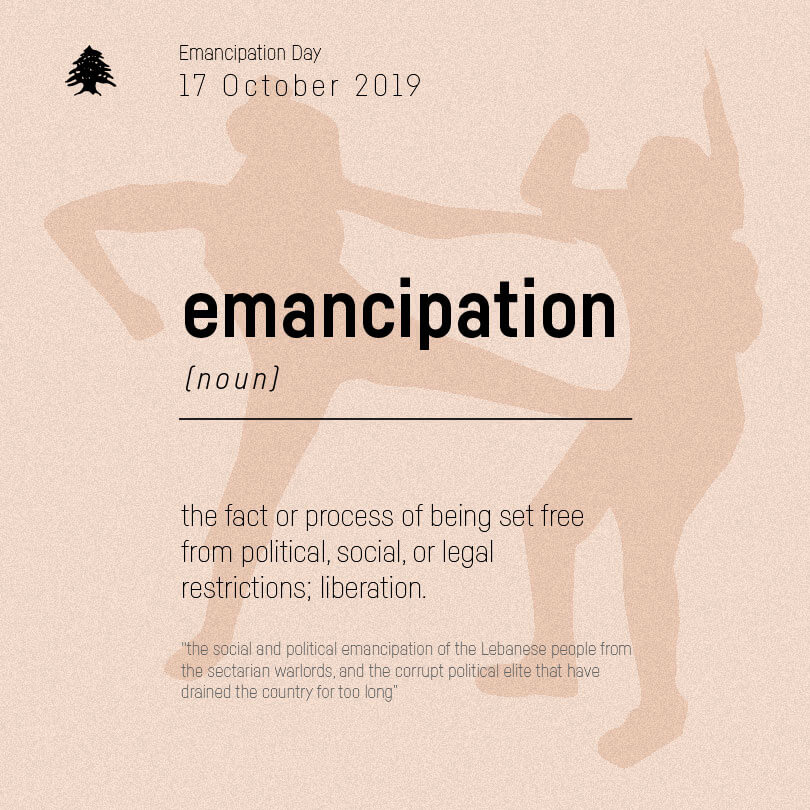


This map grades the shadow economies of countries according to shades from black to white. When it comes to the shadow economy, however, those legal institutions are ignored and bypassed – when contracts are broken there is no legal recourse to enforce them, economic relationships may deteriorate into violent confrontations, and it can become virtually impossible for businesses to grow because if they do, they come to the attention of the authorities. One of the purposes of lawmakers and government is to provide rules and regulations that players in the economy have to comply with. Informal economic activity is problematic for a number of reasons. Given how hard it is to measure the underground economy, statistical work on what causes it and how to address it is especially challenging. However, the informal sector is extremely difficult to measure and monitor. Reducing tax evasion – using illegal methods to avoid having to pay taxes – and bringing the shadow economy and informal employment into the formal economy is a top priority for most governments. The problem is that high taxation rates encourage people to stay ‘below the radar’. This means that either public services are poor, or those in the formal economy are taxed at a higher rate. In countries where the shadow economy is large in proportion to total GDP, government revenue is low.

This means that every country across the world is probably considerably wealthier than official statistics suggest. When economists are calculating the GDP (gross domestic product) of a country, they do not include what goes on in the shadow economy. This part of the economy also includes situations where individuals are forced to work as slaves with no pay, or where work is carried out in exchange for things other than money. The shadow economy refers to all work activity and business transaction that occur ‘below the radar’ – economic activity that is undeclared and for which taxes that should be paid are not.Īlso known as the informal sector, the black economy, the underground economy, or the gray economy, the shadow economy includes criminal activities such as drug dealing and smuggling, as well as legal jobs, such as gardening, working in construction, or selling products to car drivers at traffic lights.


 0 kommentar(er)
0 kommentar(er)
